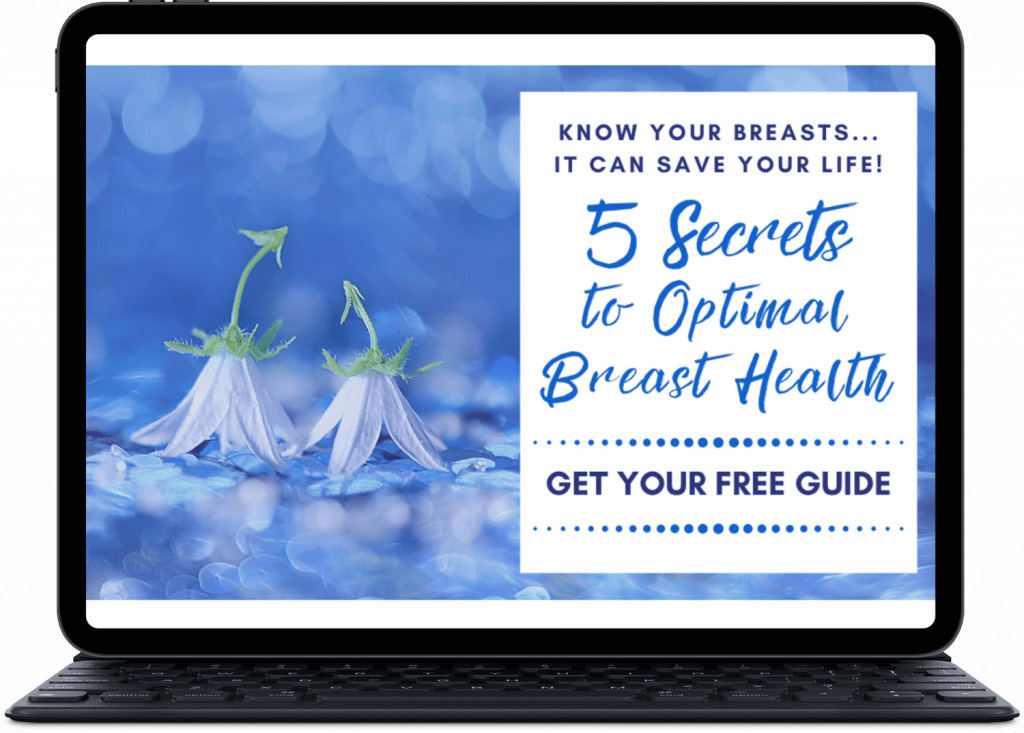Many of us went to school for a good 15 years. We can do long division, memorized the Periodic Table of Elements and can quote from Shakespeare. Yet with all that schooling, we can’t tell you the first thing about basic nutrition. We hear that kale is good for you so we eat it and that sugar isn’t, so we avoid it. But despite the essential nature of this information, most of us lack even a rudimentary understanding of it.
Designer clothes and dream houses don’t matter if we don’t have our health.
I’m starting a new weekly series: The ABC’s of Nutrition that will break down what you need to know in terms you can understand.
For our first post, we’re going to start with the basics.
Vitamins.
What are they and Why do we need them?
The word ‘vitamin’ is derived from the Latin word vita, which means life. Vitamins are organic materials which are found in many food substances and are essential for the metabolism and proper functioning of the body parts and organs.
Twenty kinds of vitamins have so far been isolated, out of which six vitamins are known to be of crucial importance. These are vitamin A, B, C, D, E and K.
Vitamin A = helps promote good vision and healthy skin.
Is also supports the immune system and produces red blood cells.
Vitamin A mostly comes from animal foods, but some plant-based foods supply beta-carotene, which your body then converts into Vitamin A.
Sources of Vitamin A
- Eggs (the yolk!)
- Sweet Potato
- Pumpkin
- Carrots
- Squash/ butternut
- Spinach
- Kale
- Liver
- Dried Apricots
- Cantaloupe

